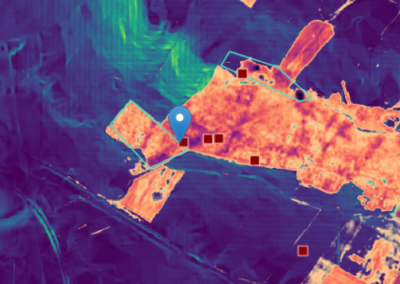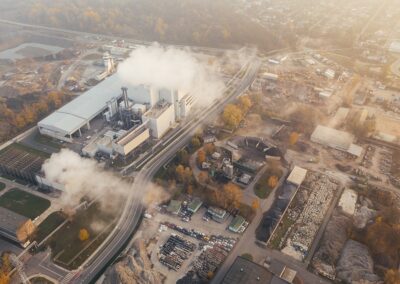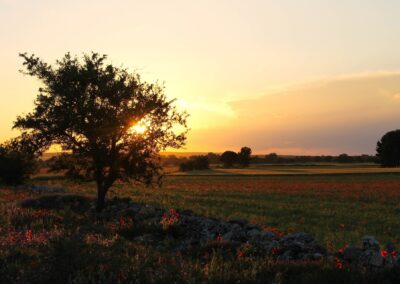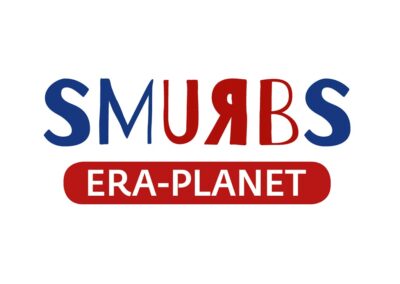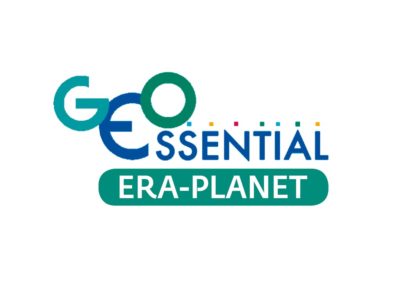Technical Scientific Knowledge Transfer for Ecological Transition (TCTSTE)
Area Skills
The "Transfer of technical-scientific knowledge for the ecological transition" Area (TCTSTE) is, by its very nature, a link between the scientific world and that of politics, it fulfills this objective regardless of the themes of the individual researches and in any case in the in the context of the "Ecological Transition, that is, it pursues the transfer of technical-scientific knowledge from" research "to policy decision makers, creating an organic flow of elements useful for the definition and improvement of environmental policies and strategies in order to reduce or eliminate those effects negative that the "ecological transition" aims to overcome.
In Italy, the decarbonisation scenarios of the energy industry were taken up and confirmed first by the National Energy Strategy (SEN) and subsequently by the Integrated National Plan for Energy and Climate (PNIEC); both documents envisage the complete phase out of coal by 2025, making up for the energy gap with gas-fired power plants and increasing the share of energy produced from renewable sources. Italy also presented its long-term strategy which identifies the possible paths to reach a condition of “climate neutrality” in our country by 2050. The Strategy was developed by "dragging" up to 2050 the virtuous energy-environmental trends identified by the PNIEC and identifying possible new levers to achieve climate neutrality, including, inter alia, a dramatic reduction in energy demand, linked in particular to a decrease in consumption for private mobility and consumption in the civil sector; a radical change in the energy mix in favor of renewables (RES), combined with a profound electrification of end uses and the production of hydrogen; an increase in the absorptions guaranteed by forest areas deriving from the implementation of sustainable management practices, the restoration of degraded surfaces and reforestation interventions.
In this context, the Regulation 2020/2093 of the Council of the European Union of 17/12/2020, the "Next Generation UE" and the National Recovery and Resilience Plan - PNRR - (Approved by the Council of Ministers of 12 / 01/2021), going to “enrich” the possible sources of financing to favor the ecological transition.
Area contact person: Paolo Ceci
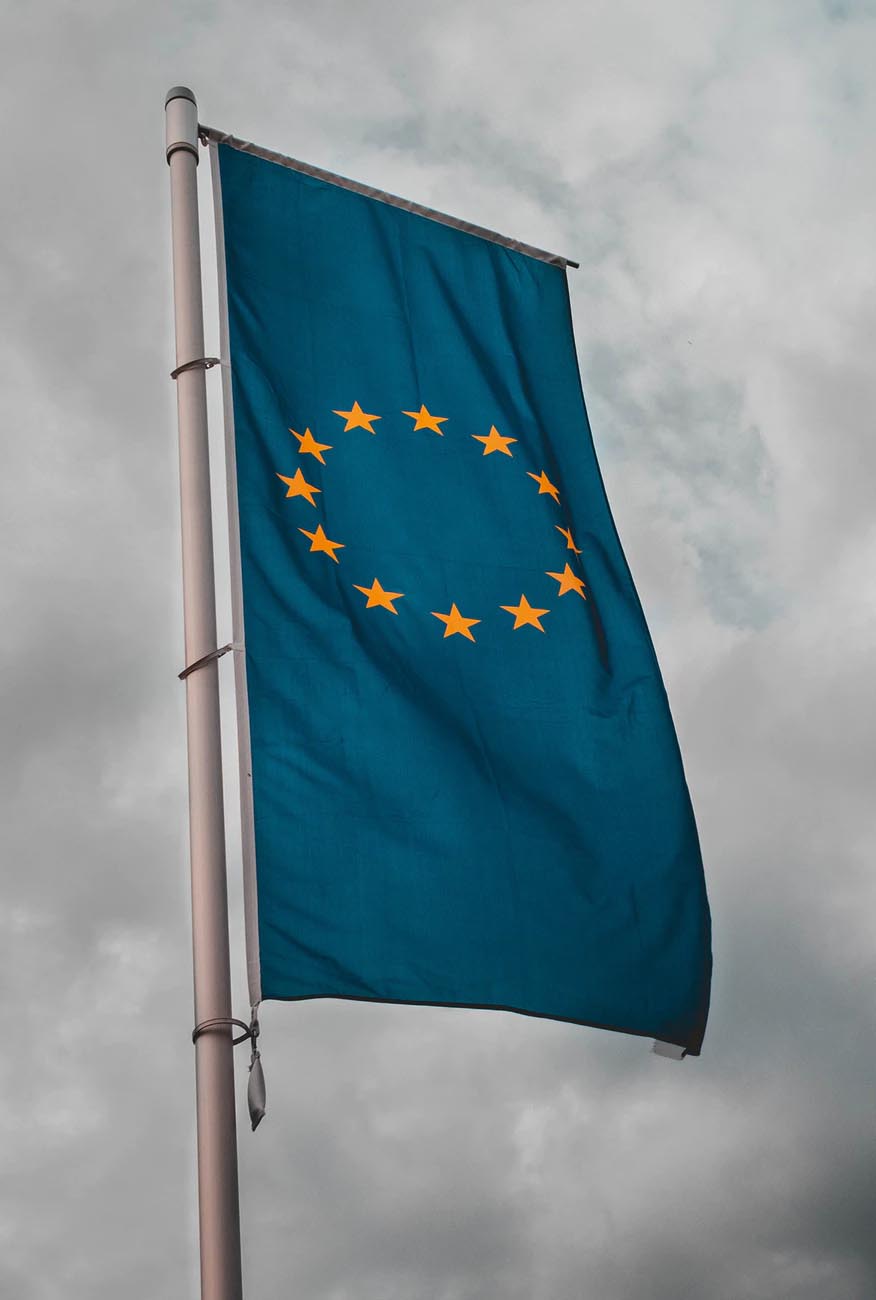
The objective is the transfer of know-how to public administrations and companies and the support to the bodies responsible for environmental control in the preparation and implementation of environmental legislation both at national, community and international level.
The IIA in the field of the Transfer of technical-scientific knowledge has been collaborating for over twenty-five years with various public administrations, and in particular the central one, thus holding specific skills and know-how in different environmental issues (to date there are various collaborations in the field of EIA, AIA, atmospheric emissions, fuels, physical agents, climate change, Minimum Environmental Criteria, GPP, PNPR, PNGR, REACH etc.). These skills have materialized in 2013, with the establishment of the Secondary Office (originally Support Operational Unit - UOS) of the Institute at the Ministry of the Environment, recently transformed into the Ministry of Ecological Transition.
The collaborations of the IIA with the Public Administrations they are normally conducted within the framework of agreements between public administrations governed by Art. 15 of Law 241/1990 resulting, therefore, essential to coordinate the different administrative procedures of the subjects involved; as part of these actions, in some cases, both the connection / coordination with the internal structures, whether they refer to the Institutes or the Departments, is particularly complex, as well as being able to combine the needs of the conferring administration with those of the CNR procedures and, in some cases, these aspects are further "slowed down" by the rigidity of some structures, procedures and "practices" of the CNR.
Research area capacity
The area of "TRANSFER OF TECHNICAL SCIENTIFIC KNOWLEDGE FOR ECOLOGICAL TRANSITION" boasts 33 units within its staff including researchers, fellows and qualified technicians.


